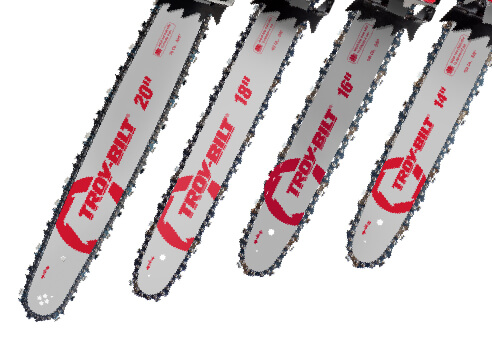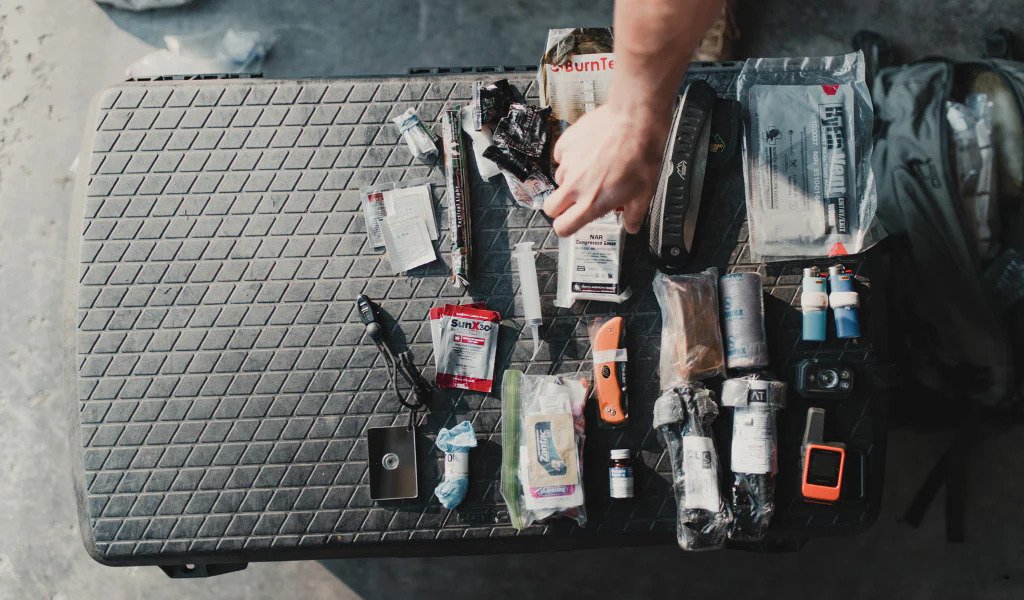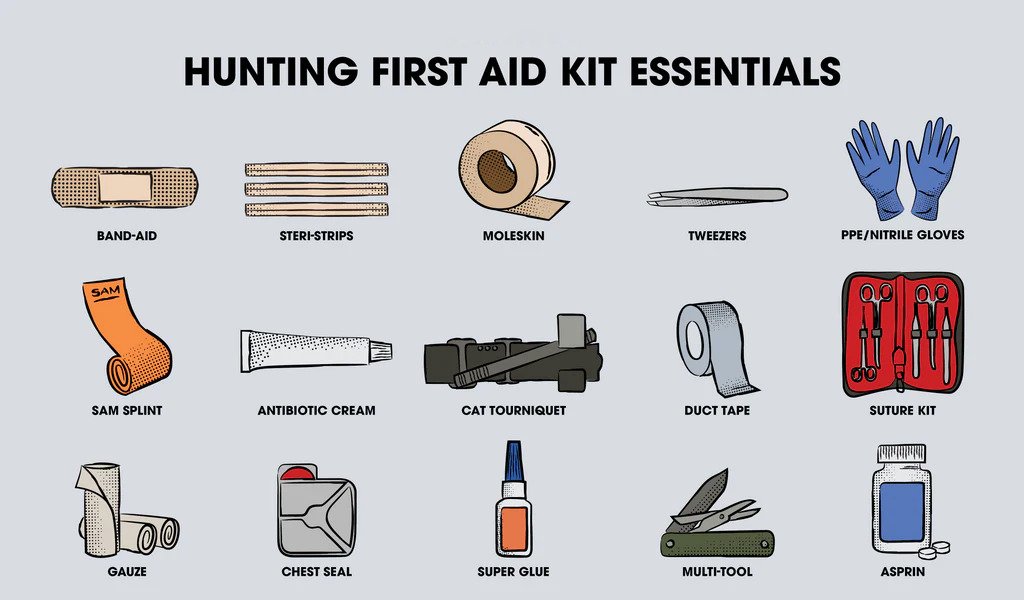
What size chainsaw do I need?
Choosing the right chainsaw size is crucial for efficiently and safely tackling your outdoor projects
Jul 4, 2024 | by N Johansson

Anyone that has been out in the wilderness knows that things don't always go exactly as planned. One simple incorrect step could be enough to sprain your ankle or worse yet send you tumbling down a slope with a painful injury which leaves you stranded in unfamiliar ground. These are situations no hunter ever dreams of encountering; unfortunately, they are more common than people realize. In this article, we provide a full breakdown of all essential requirements every hunter must have so as not only their safety is guaranteed but also survival as well as successful hunting at last
If you’ve come to this blog post, you know that preparation is key. Whether you have encountered mishaps in the wild before or not, venturing into the wild requires serious preparation, which can mean the difference between a successful hunt and a potential disaster.
Here's why preparedness is crucial:


Choosing the right chainsaw size is crucial for efficiently and safely tackling your outdoor projects
Evaluate each item’s necessity based on crucial criteria. Safety and survival items should come first before considering conveniences. Our essential packing checklist can assist.
Establish routines for inspecting your gear. Ensure batteries are charged, first aid kits are updated, and tools are in working condition before each trip.

Tailor your gear checklist to the specific terrain and weather of your hunting area. Desert hunts require more water supplies, while mountainous expeditions demand weather-appropriate clothing.
Efficient packing enhances mobility. Balance essential items with weight to ensure you aren't overloaded, while considering your physical limits.
A hunter's safety and preparedness hinge on having the right gear and knowing how to use it effectively. From navigation tools to sustenance supplies, every piece of equipment plays a crucial role in tackling emergencies efficiently.
Q: What should I include in a basic first aid kit for hunting? A: Include bandages, antiseptic wipes, tweezers, and painkillers. For specialized needs, add a snakebite kit and suture kit.
Q: How often should I check and maintain my gear? A: Ideally, inspect and maintain your gear before every hunting trip, and replace any expired or damaged items.
Q: What should I do if I encounter sudden weather changes? A: Quickly set up your emergency shelter, start a fire if temperatures drop, and ensure you're well-insulated with thermal blankets or bivvy bags.
Q: How can I reduce the weight of my gear without sacrificing essentials? A: Choose multifunctional tools and compact, lightweight versions of essential items to balance mobility and preparedness.